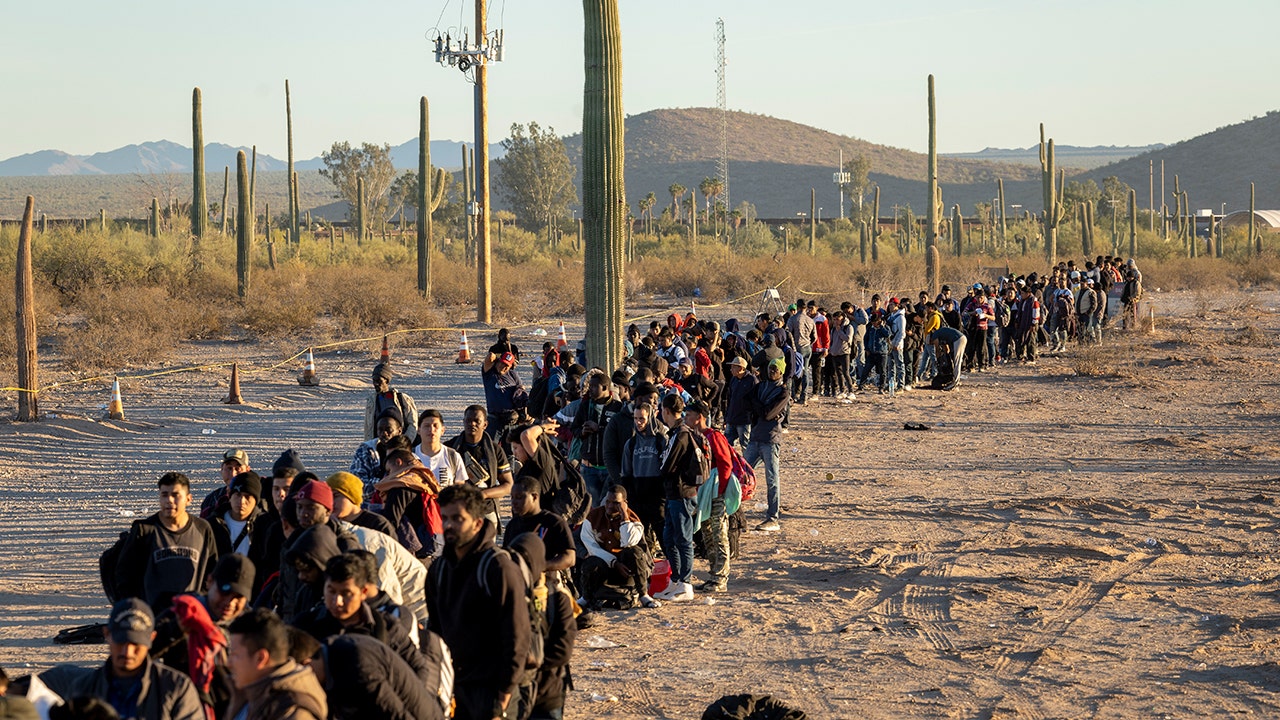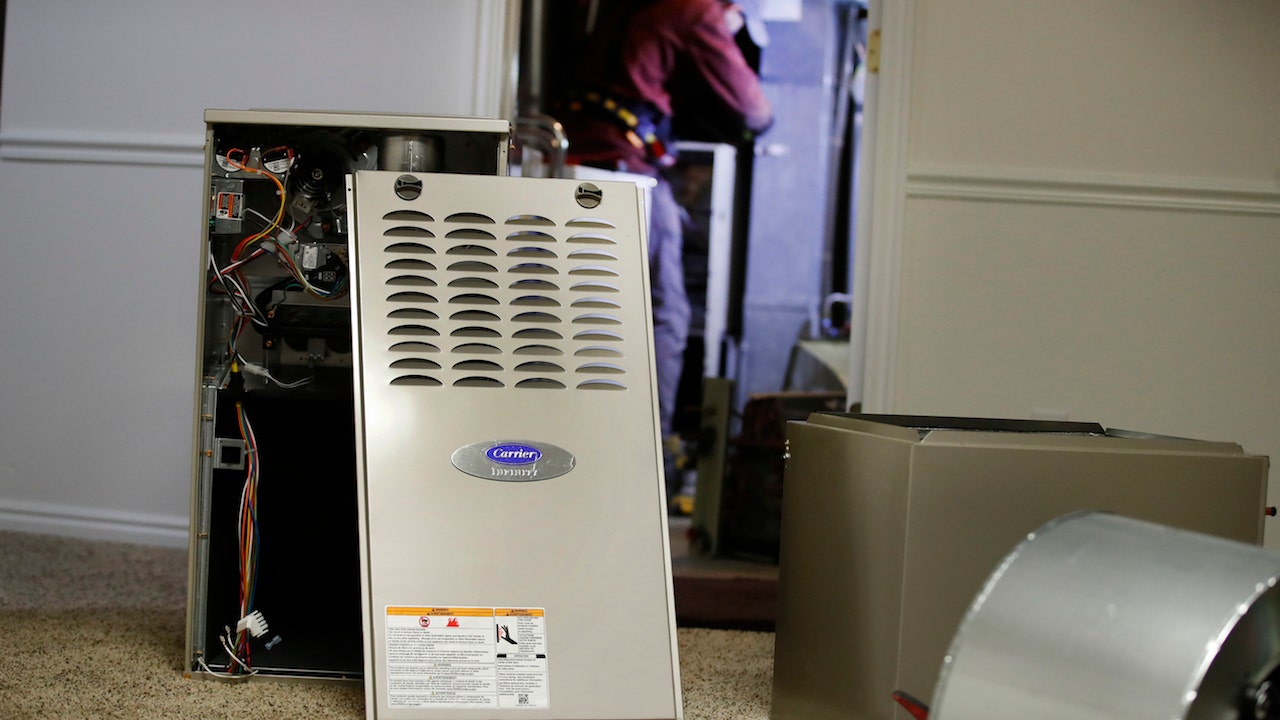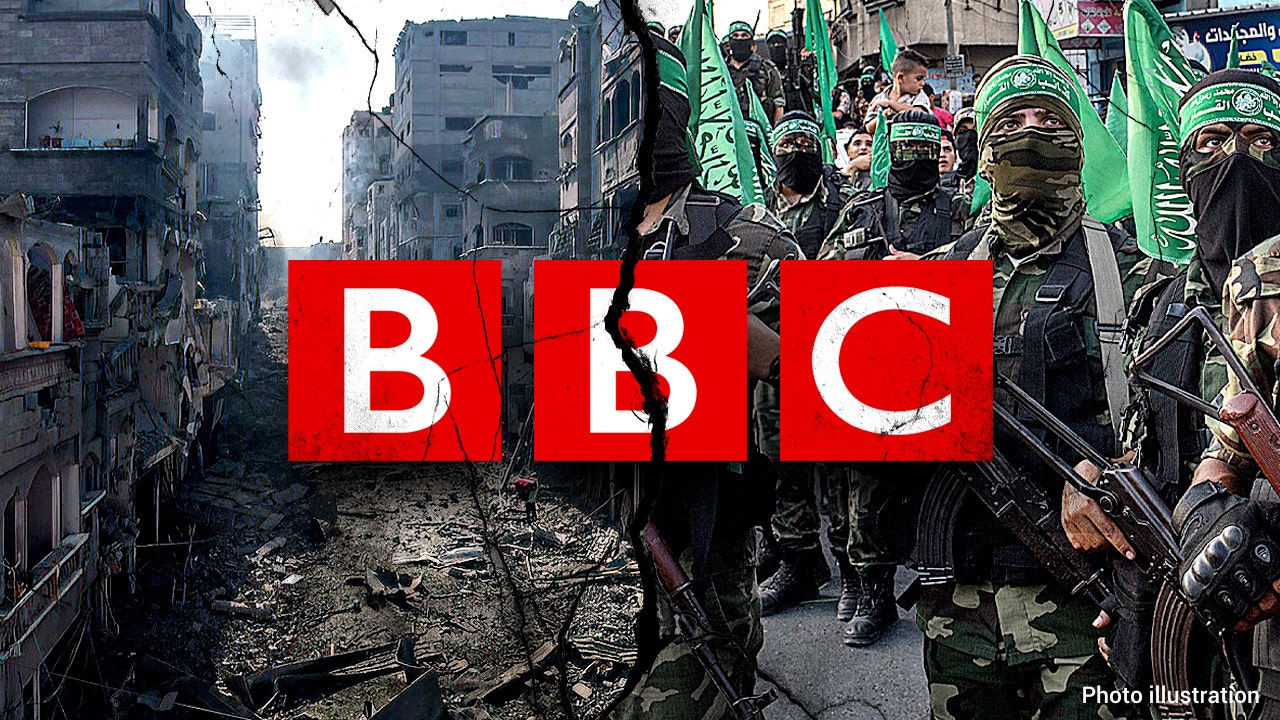PROGRAMMING ALERT: WATCH THE FOX NATION SPECIALS HOSTED BY BRET BAIER: “THREE DAYS AT THE BRINK“AND “THREE DAYS IN MOSCOW.“
On a solemn day in late November 1943, a somewhat unlikely coalition of three men sat across a lunch table at a meeting site in Tehran and finalized an agreement. U.S. President Franklin D. Roosevelt, British Prime Minister Winston Churchill, and Soviet Premier Joseph Stalin made a deal that would change the course of the war, which was going badly. The plan set in motion in Tehran was for a large-scale operation called Overlord, which would take place the following spring. It would be the Allies’ first major confrontation with the Germans in Western Europe, a high-risk venture necessary if there was to be any hope of defeating Hitler.
FDR believed that the plan to fight Hitler on European soil was so essential to the war effort that it was worth the cost of an alignment with Stalin. Churchill was less certain, but in the end all three men agreed on the mission, and also agreed on FDR’s choice of General Dwight D. Eisenhower to lead Overlord, which came to be known as D-Day.
The Allied Naval forces engages in the Overlord operation of landing while Allied forces storm the Normandy beaches on D-Day. (US National Archives/AFP via Getty Images)
Each year as we commemorate D-Day, we are once again in awe of the enormous stakes of the Normandy invasion, and the raw courage of the men who participated. Eisenhower never stopped realizing the full extent of what he was asking his men to do, and FDR never wavered in his belief that it was the right course.
On the evening of the invasion, Americans tuned into their radios to hear their president praying: “Almighty God, our sons, pride of our nation, this day have set upon a mighty endeavor, a struggle to preserve our Republic, our religion, and our civilization, and to set free a suffering humanity. Lead them straight and true; give strength to their arms, stoutness to their hearts, steadfastness in their faith.” It was a stunning plea to the heavens, full of the knowledge that this all-out effort would make or break us.
D-Day would become known as the battle that changed the course of the war and saved Democracy. We commemorate it still, even as the numbers of D-Day veterans continue to shrink. Soon there will be no living reminders.
For younger generations, D-Day might seem distant and abstract, but it is ever-present because vigilance is always needed. On June 6, 1984, President Ronald Reagan gave a speech at Pointe Du Hoc, France to commemorate the 40th anniversary of D-Day.
June 6 1984: U.S. President Ronald Reagan delivers a speech commemorating the Fortieth Anniversary of D-Day, at the site of the Allied invasion, Pointe Du Hoc, Normandy, France. (Photo by Ronald Reagan Library/Getty Images)
In his words was a sober reminder of how enduring the struggle for freedom is. “In spite of our great efforts and successes, not all that followed the end of the war was happy or planned,” Reagan said, pointing to the Soviet stranglehold on places like Warsaw, Prague, and East Berlin.
D-DAY AT 80: ONE MORE MISSION TO NORMANDY FOR THE GREATEST GENERATION
“Here, in this place where the West held together, let us make a vow to our dead. Let us show them by our actions that we understand what they died for.”
Reagan understood the need for constant vigilance over our precious freedoms. He famously said, “Freedom is never more than one generation away from extinction. We didn’t pass it to our children in the bloodstream. It must be fought for, protected, and handed on for them to do the same, or one day we will spend our sunset years telling our children and our children’s children what it was once like in the United States where men were free.”
Reagan knew firsthand the truth of his words. In the period after World War II, the Soviets reneged on Stalin’s wartime promises, giving rise to new dangers embodied in the Cold War. Once again, we were called to defend the free world. As president, Reagan made it his purpose to fight the Soviets, which he called “the evil empire.” His unflagging stance through many difficult negotiations with Soviet leader Mikhail Gorbachev has been credited with helping bring the Soviet Union to its end point.
CLICK HERE FOR MORE FOX NEWS OPINION
In the final year of his presidency, Reagan accomplished a remarkable feat for the time; a visit to Moscow, the heart of the Soviet Empire. While there, he gave a speech at Moscow State University, standing before a massive statue of Lenin.
Reagan saw it as an opportunity to speak to the next generation, and what he spoke about was freedom. In example, after example, he painted a picture of the rewards of living in a free society, and when he was done, he took questions from the audience and engaged in a spirited dialogue. It was one of the most significant moments of his presidency. Eighteen months later, the Berlin Wall fell, and two years after that, the Soviet Union was dissolved.
But that wasn’t the end of the story, because constant vigilance is required to protect our freedoms. Today we face new threats on the global stage and a contentious political environment at home.
On the anniversary of D-Day, we are reminded once again of the price that has been paid by our countrymen and others for freedom. Speaking to a gathering in Normandy to commemorate the day, President Biden said, “The men who fought here became heroes—given an audacious mission, knowing the probability of dying was real. But they did it anyway, knowing without a doubt there are things worth fighting for”—among them, freedom, democracy, and America.
U.S. President Joe Biden (C), US First Lady Jill Biden (R), France’s President Emmanuel Macron (2nd L) and French President’s wife Brigitte Macron (L) attend the US ceremony marking the 80th anniversary of the World War II “D-Day” Allied landings in Normandy, at the Normandy American Cemetery and Memorial in Colleville-sur-Mer, which overlooks Omaha Beach in northwestern France, on June 6, 2024. The D-Day ceremonies on June 6 this year mark the 80th anniversary since the launch of ‘Operation Overlord’, a vast military operation by Allied forces in Normandy, which turned the tide of World War II, eventually leading to the liberation of occupied France and the end of the war against Nazi Germany. (SAUL LOEB/AFP via Getty Images)
Let’s ask ourselves: What role can each of us play in protecting our freedoms? What does vigilance look like for our era? How can we individually and collectively play a role in securing the freedoms won for us by the brave men who fought at Normandy?
CLICK HERE FOR MORE FROM BRET BAIER
Bret Baier currently serves as FOX News Channel’s (FNC) anchor and executive editor of Special Report with Bret Baier (weeknights at 6-7PM/ET), chief political anchor of the network and co-anchor of the network’s election coverage. Baier is also host of FOX News Audio’s “The Bret Baier Podcast” which includes Common Ground, The Campaign, The Candidates and The All-Star Panel. He joined FNC in 1998 as the first reporter in the Atlanta bureau and is now based in Washington, D.C.




 Video
Video Video
Video Video
Video